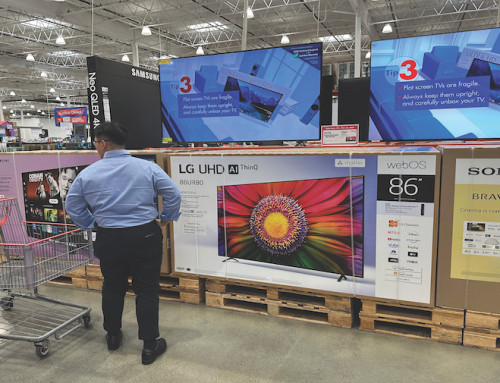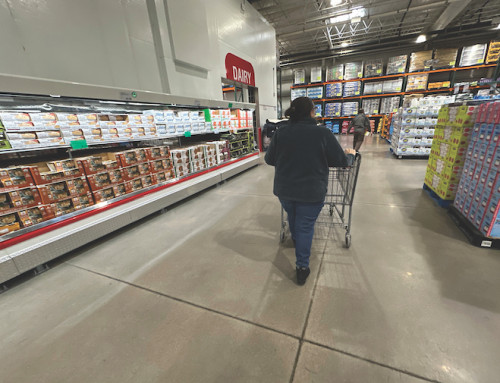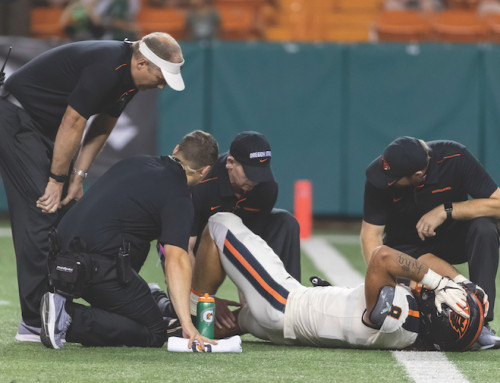The media firestorm that resulted last summer when it became widely known that pharmaceutical company Mylan hiked the price of its life-saving EpiPen-brand epinephrine autoinjector by at least 400 percent has subsided.
The drug’s accessibility, however, remains a problem, according to the Ohio lawmaker sponsoring a bill to address the issue.
Rep. Derek Merrin, R-Monclova, characterizes House Bill 101, titled the Epinephrine Accessibility Act, as a free-market solution to
“By easing access and government restrictions, consumers will have a better opportunity to obtain epinephrine auto-injectors at a lower cost,” Merrin told members of the Health Committee in the Ohio House of Representatives.
HB 101 would allow pharmacists to substitute a prescribed brand-name epinephrine auto-injector for a pharmaceutically equivalent epinephrine auto-injector from a competing manufacturer.
That means the now-$600 EpiPen could be substituted with a less expensive alternative for $100.
The bill requires that the patient consent to any substitution and that the prescribing physician’s ability to direct the pharmacist to dispense a specific product remain protected.
“The patient and physician remain in control,” Merrin said.
HB 101 has won the support of the Ohio Pharmacists Association for easing access to the drug and fostering competition among drugmakers.
“So essentially, because other epinephrine autoinjectors aren’t substitutable under current law, if a physician issues a prescription for a branded epinephrine autoinjector, the pharmacist’s hands are tied unless they work with the physician to get a new prescription for an alternative product,” said Antonio Ciaccia, the association’s director of Government and Public Affairs, during testimony. “This all unnecessarily wastes the time of the physician, pharmacist and the patient — and could take as long as 48 hours to get authorization from the doctor’s office for the switch.
“HB 101 would allow pharmacists to exercise their clinical judgment to make the necessary product switches, so long as the products are deemed pharmaceutically equivalent.”
Another provision of the bill would also allow pharmacists, under a protocol with a physician, to dispense epinephrine auto-injectors to those 18 years or older without a prescription.
Merrin explained that the Ohio Board of Pharmacy, with consultation of the Ohio State Medical Board, would establish guidelines and requirements for a protocol that would govern the conditions under which pharmacists could dispense epinephrine.
The provision’s objective would to save patients the hassle and cost of doctor office visits and health insurance copays
Merrin said the bill is modeled after the Naloxone legislation that sought similar common-sense reform to increase access to a life-saving drug.
“The legislature has duly recognized that epinephrine is an emergency, life-saving medication and should be readily available to the public,” he said. “It is important to note that epinephrine is a non-addictive, non-controlled substance, and not deemed a drug of abuse.
“Epinephrine auto-injectors contain a safe, fixed dosage of epinephrine that has proven to save thousands of lives.”
He added the bill also eases the ability for restaurants, colleges, amusement parks, and sports facilities to obtain the product for the treatment of emergency allergic reactions on their premises.
Ten fellow House members joined Merrin to cosponsor the bill, which had not been scheduled for further hearing as of publication.









